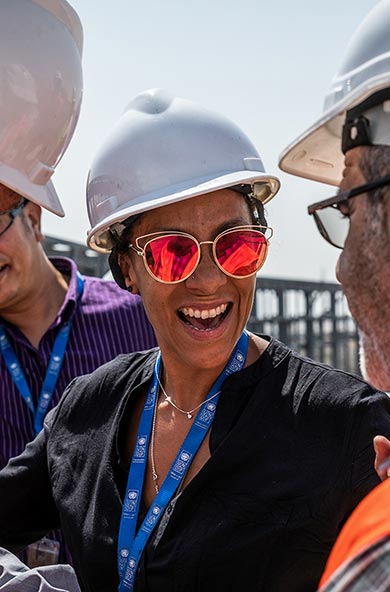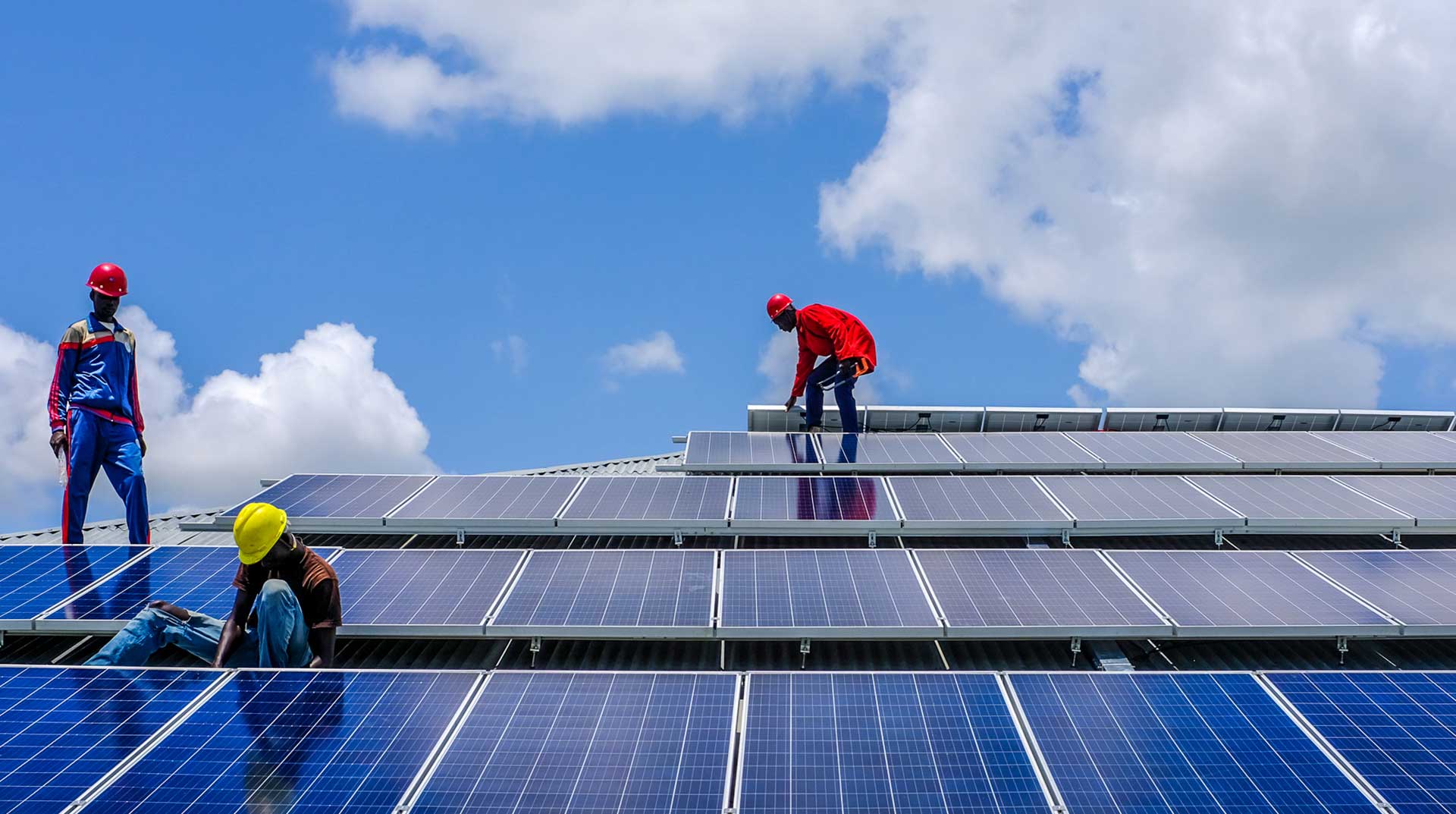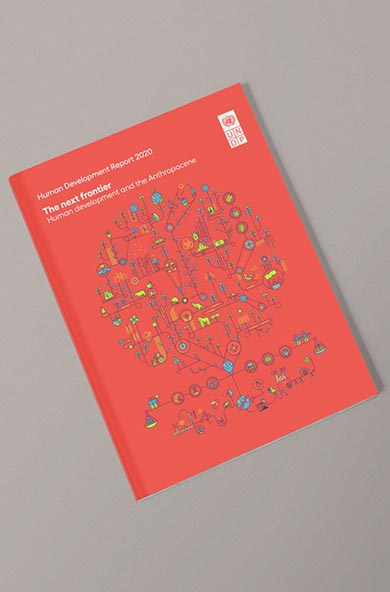Gender Equality Seal Explained
Gender equality and women's empowerment are not only fundamental human rights but also key drivers of sustainable development. This principle is deeply embedded in the global agenda for the Sustainable Development Goals (SDGs), particularly in SDG 5, which focuses on achieving gender equality. UNDP's Strategic Plan (2014-2017) emphasized that "sustainable human development will not be fully achieved unless women and girls are able to contribute on an equal basis with men and boys to their societies." These values continue to guide UNDP's efforts worldwide.
UNDP Namibia's First Gender Strategy (2022-2025)
UNDP Namibia is proud to announce the launch of its inaugural Gender Strategy for 2022-2025, marking a significant milestone in our commitment to gender equality and women’s empowerment. This strategy is a direct response to the findings and recommendations of the Independent Country Programme Evaluation (ICPE) of UNDP Namibia's contribution to Gender Equality and Women’s Empowerment (GEWE), and it aligns closely with the global UNDP Gender Strategy 2022-2025.
Our Approach to Gender Equality
The Namibia Gender Strategy reflects the country’s urgent needs and national priorities, as outlined in the Fifth National Development Plan (NDP5) and the United Nations Partnership Framework (UNPAF). It is designed to address five key areas:
Explore more
Gender Equality Seal: A Commitment to Excellence
The UNDP Gender Equality Seal is a corporate certification that recognizes outstanding performance in delivering gender equality results. This achievement underscores UNDP's commitment to advancing gender equality through our programming framework, where gender is integrated at every stage—from design to implementation, monitoring, reporting, and evaluation.
Collaborative Efforts for Greater Impact
Implementing this strategy requires close collaboration with key partners, including the Ministry of Gender Equality, Poverty Eradication and Social Welfare, various Civil Society Organizations, and other Government Ministries. Together, we will focus on institutional strengthening, transforming negative masculinities, fostering intergenerational dialogue, and building movements for gender equality.
Namibia’s Progress and Challenges
Since gaining independence in 1990, Namibia has made significant strides in promoting gender equality, including one of the highest representations of women in Parliament in Africa. However, challenges such as gender-based violence and inequitable access to opportunities persist. The new National Gender Policy for 2021-2030, currently in its final stages, aims to address these issues by fostering greater coordination among institutions and embedding gender equality in all national policies.
As we embark on this new chapter, UNDP Namibia reaffirms its dedication to supporting the Government of Namibia in achieving a society where both women and men can realize their full potential. We are committed to driving progress towards the Sustainable Development Goals, recognizing that gender equality is integral to sustainable development.
Through this strategy, UNDP Namibia will continue to advocate for and support the empowerment of women and men across the country, ensuring that the benefits of development are shared equitably by all.
The Namibia Gender Strategy reflects the country’s urgent needs and national priorities, as outlined in the Fifth National Development Plan (NDP5) and the United Nations Partnership Framework (UNPAF). It is designed to address five key areas:

 Locations
Locations

























